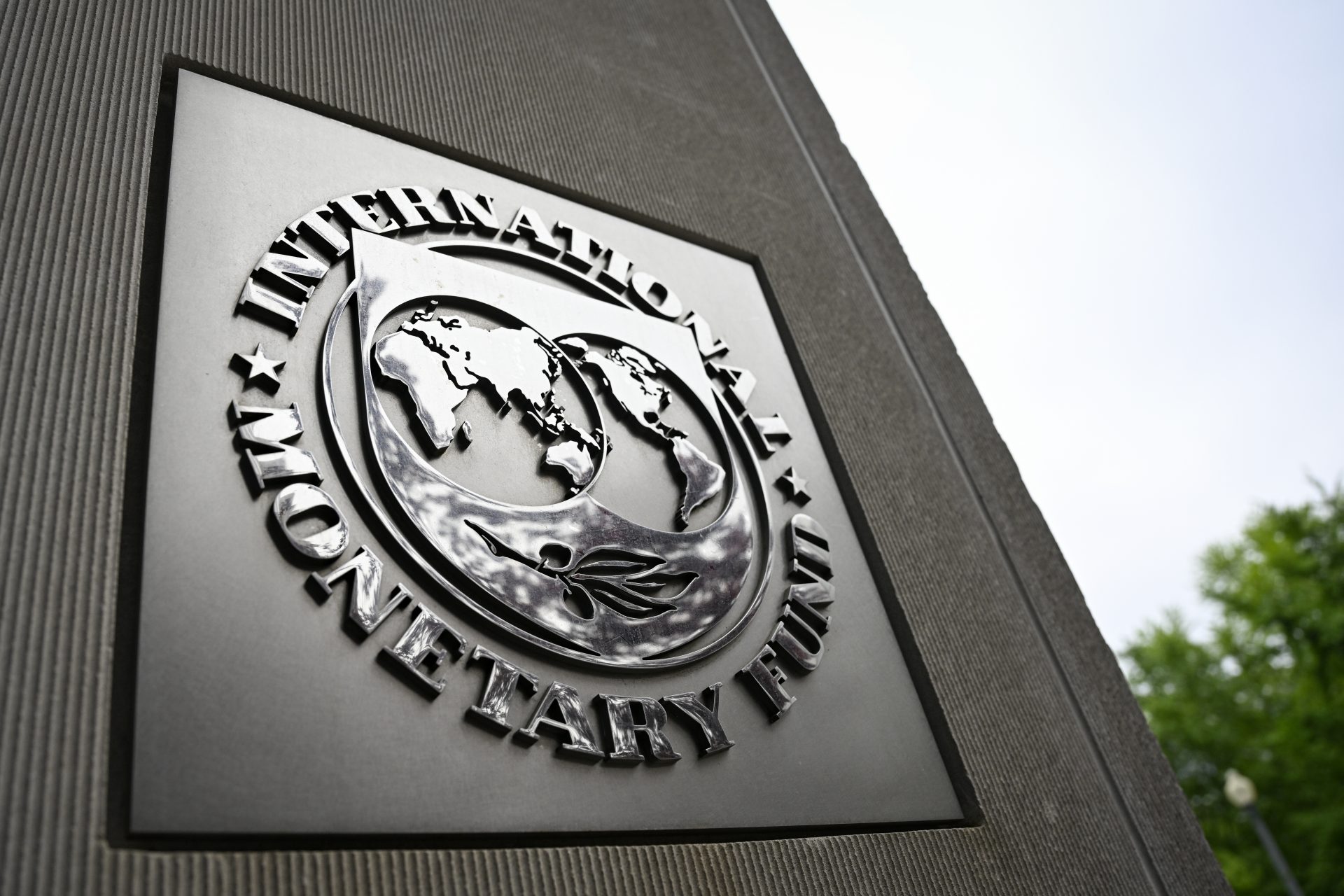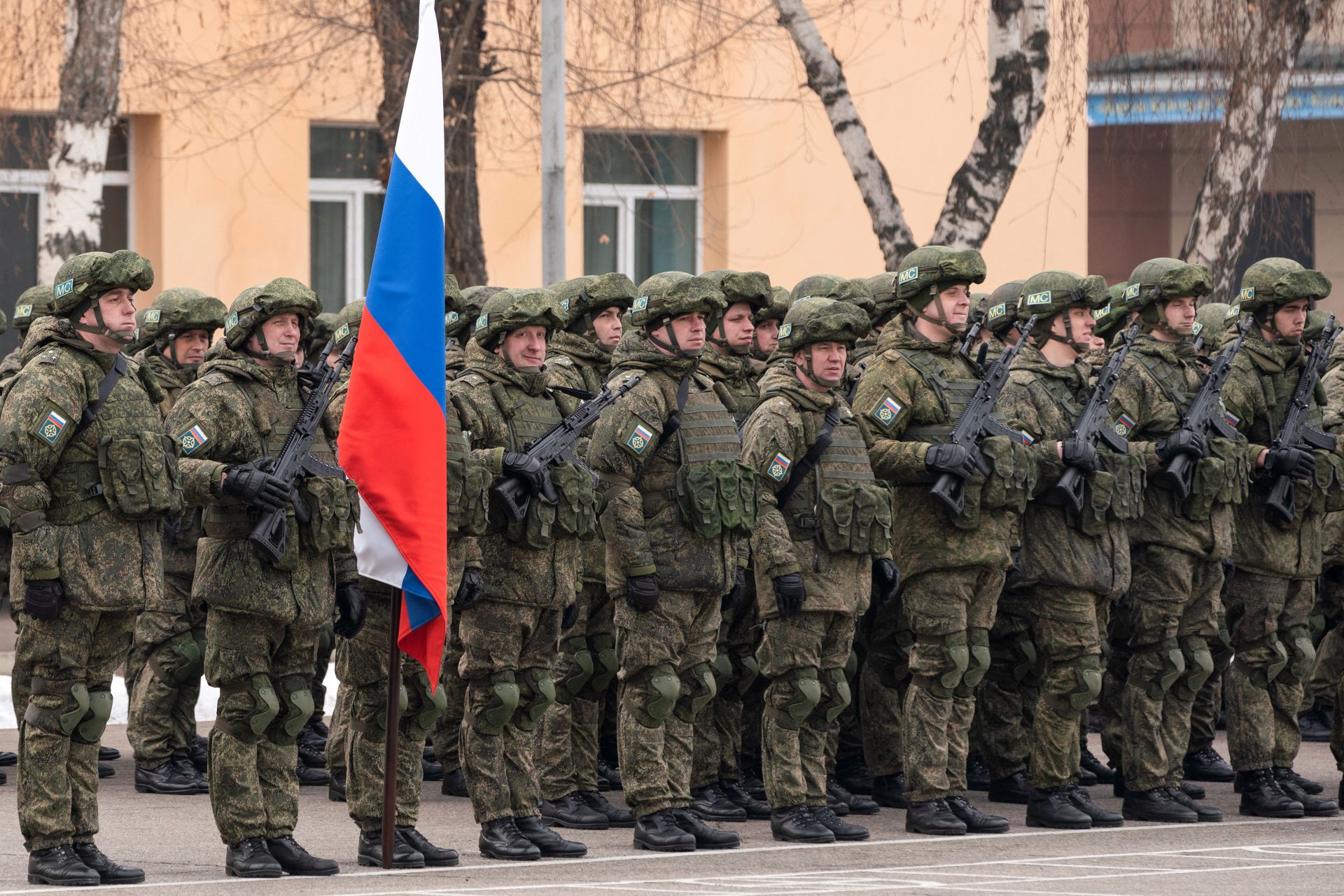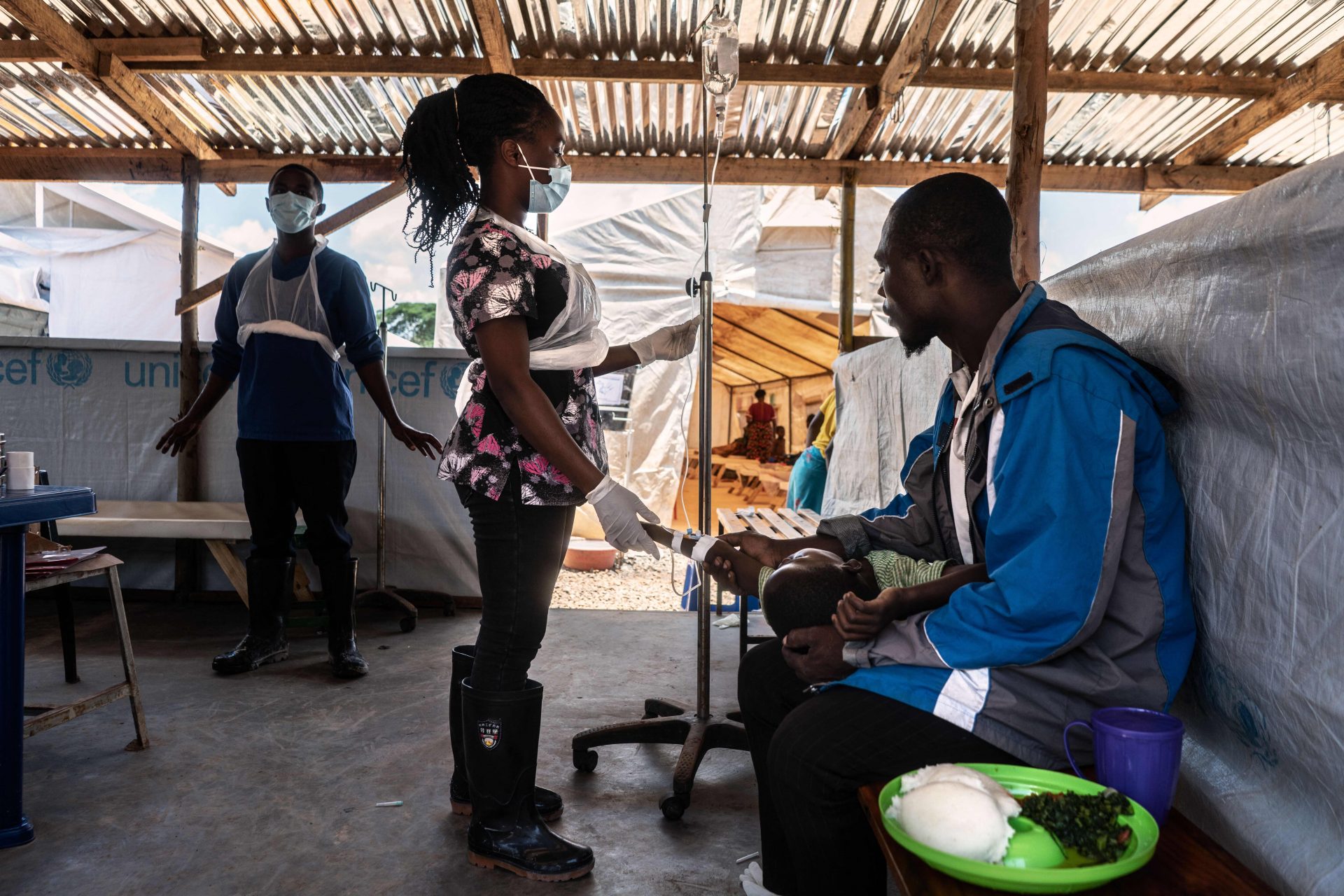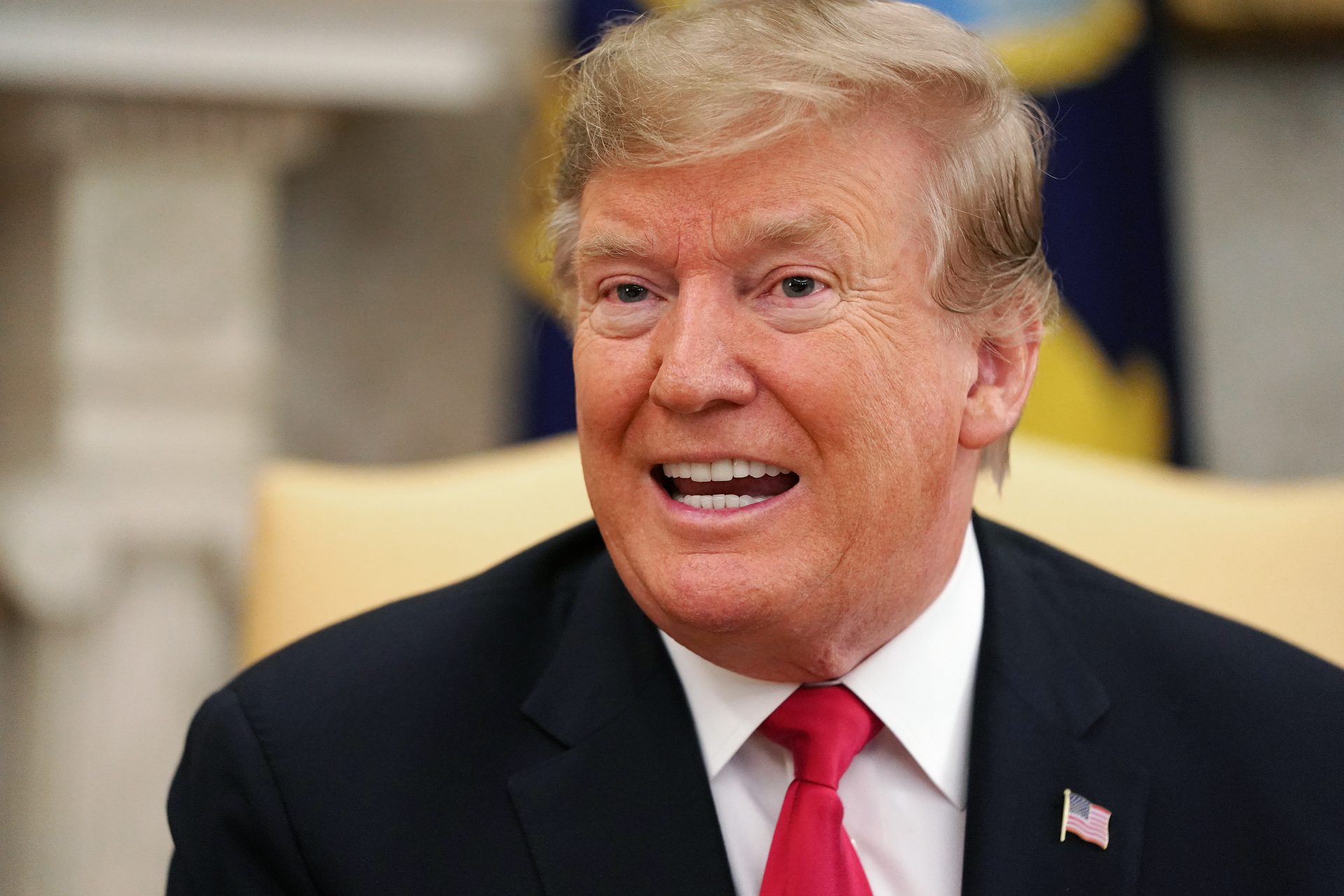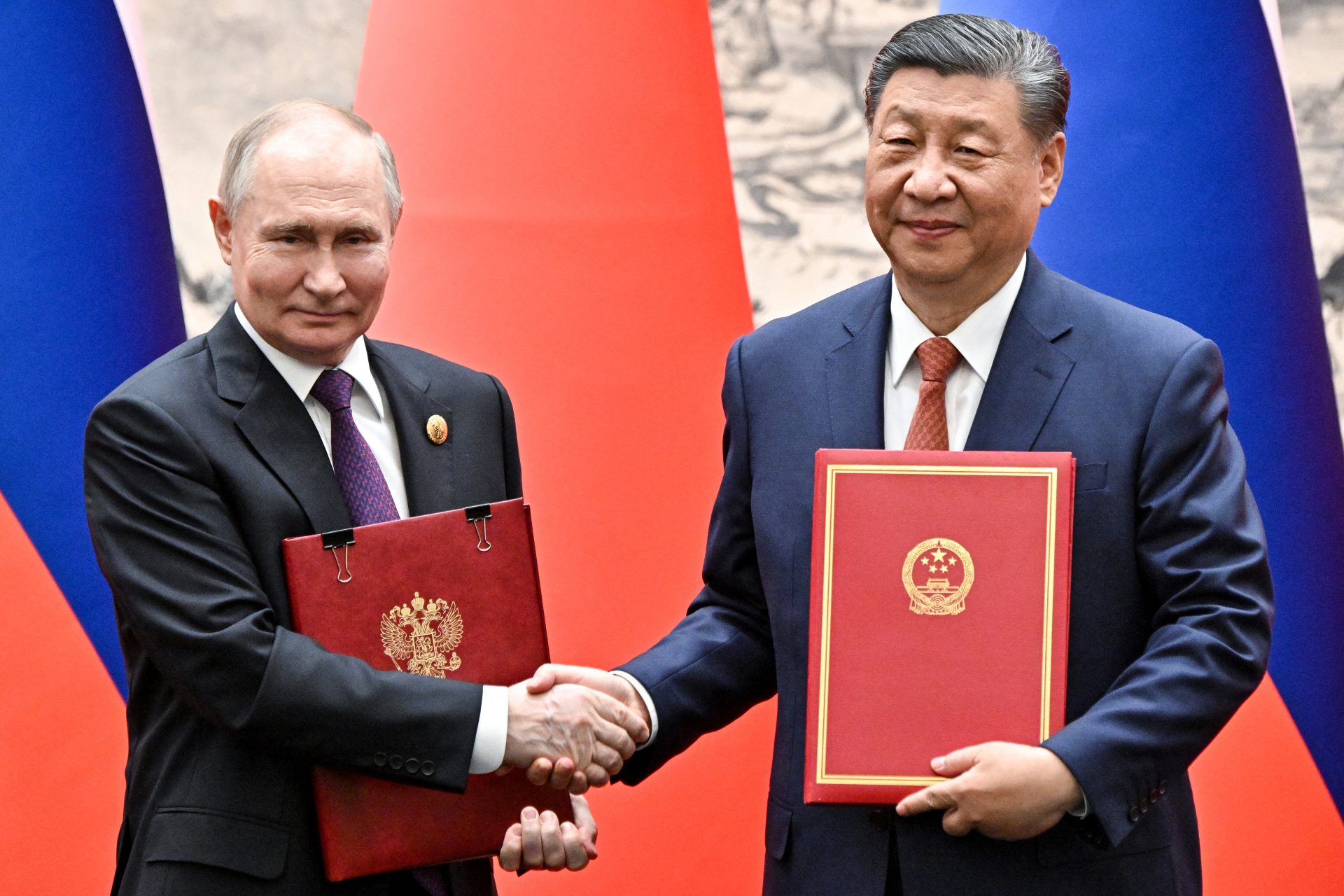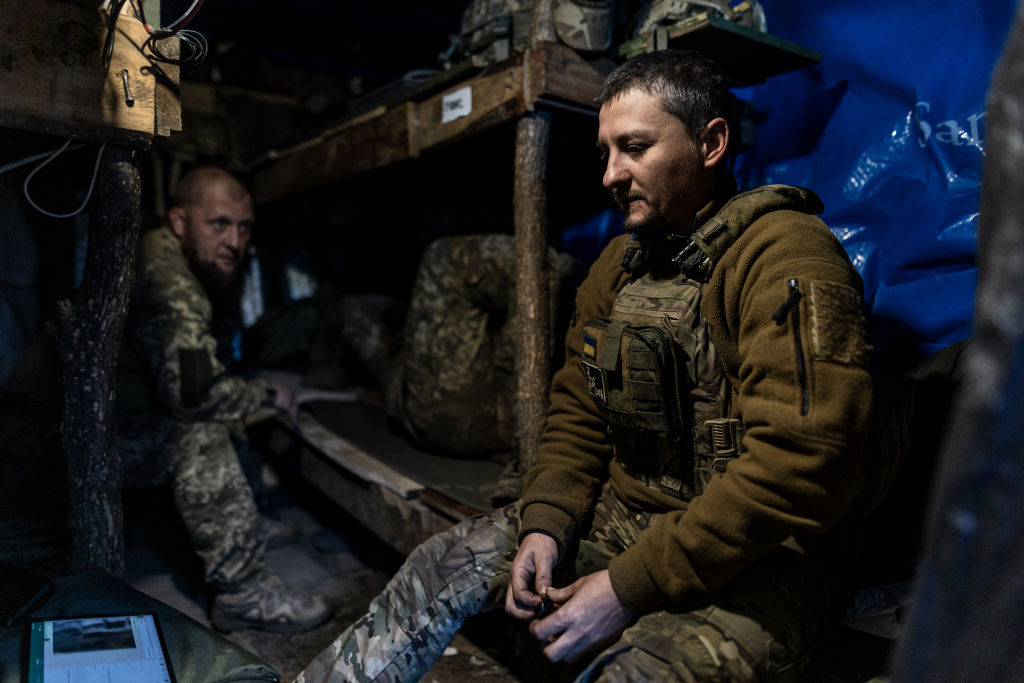Mandatory vaccine for school, work, travel: authoritarian or good practice?
The battle against the pandemic is not over and, furthermore, the delta variant (which is extremely contagious) has changed the rules of the game. Scientists believe that 90% of the population now needs to be vaccinated to achieve herd immunity.
As a result, some governments have begun to introduce restrictions for those who are not vaccinated. They ban the entry to public places, for example. In cities such as Berlin, Paris and Rome, protests have broken out.
France was the first country to enforce presenting a Covid Passport (a document proving vaccination) to enter bars and restaurants or to travel by train and plane. It is also required for museums, shows, etc. While a PCR test, proving that you are not infected, is also acceptable, aren't these new mandates almost the same thing as making vaccination compulsory?
The movements against all restrictions speak of a "health dictatorship" and go so far as to compare themselves to the Jews whom Nazism persecuted. That's why the protests in Rome (pictured) featured yellow stars like the ones Hitler forced the Jews to wear.
France, Germany and Italy are the European countries where protests have been most visible. And in cities like Berlin there was a large display of violence and people were arrested in the hundreds.
Who are the members of these nonconformist movements? They are, in general, a mix of people including anti-vaccine protesters, anti-establishment libertarians and a broad representation of the most extreme right, which sees an opportunity to gain support in turbulent times.
In fact, in France, one of the leaders of the protests is Florian Philippot, a former leader of Marine Le Pen's party (the great leader of the French far right). He has now radicalised and set up his own party: the Patriots.
In contrast to those who speak of "sanitary dictatorship" and claim individual freedoms, there are those who reason that, when human lives are at stake, the freedom to infect others cannot be allowed.
The latest studies on the delta variant put its contagiousness on a par with chickenpox: if one infected person infected on average one or two people when this coronavirus emerged, we are now talking about five infections. Almost the entire population needs to be vaccinated because, if the virus continues to circulate, there is also a risk that an even more dangerous variant will emerge.
The delta variant has once again triggered infections to such an extent that administrations (national, regional or local) have reacted. New York, for example, will also require a Covid Passport (vaccination certificate) for those who want to go to restaurants, theatres or gyms.
In the UK, the tradition of placing individual freedom above all else is very strong. Boris Johnson has debated during this Covid-19 crisis between restricting or leaving his countrymen free. If the delta variant causes contagions to rise and hospitals begin to have problems, Boris Johnson might have to approve restrictions. But both the Conservative and Labour parties believe it is time to return to normality whatever the cost.
However, beyond the debate on individual freedoms, the pandemic has other consequences: with each new wave, the economy suffers again. Quarantines, closures, half-hearted tourism. Not taking measures to stop the spread of the disease is costing a country money.
Opponents of vaccination and restrictions have their own theories about what is going on: "conspiracy theorists" have constructed an ideology based on the belief that there are elites who have unleashed the pandemic in order to control human beings (and even put chips in them with every vaccine). So that those who protest in the streets are setting themselves up as a "resistance" against authoritarianism.
It should be stressed that those who oppose vaccines or restrictions are minorities. But, in some countries, minorities are large enough to prevent the reduction of the disease from being stopped: with more than 10% of dissenters, herd immunity is at risk.
The dilemma for heads of state such as Macron, Merkel, Biden and other international leaders is to make decisions to curb the pandemic that may well be unpopular, or to govern without setting strong restrictions to appease anti-vaccinationists or even appeal to those who (impossibly) demand a return to pre-pandemic normality.
And then there is the way in which protests channelling discontent, frustration and fear of the pandemic are used politically to try to overthrow governments. It happened in Spain during the first wave, with harsh confinements, when the right wing protested in the streets talking (of course) of "dictatorship".
The pandemic has changed the world, but not that much. The technological control of the citizenry that some predicted is only happening where it was already happening (e.g. China). Borders remain open and globalisation continues, even at the cost of variants arriving from distant territories.
Imagen: Juliana Kozoski / Unsplash
It remains to be seen whether the protests will grow in size and violence. In France, there were fears that they would escalate and take on the virulence of the "yellow waistcoat" demonstrations, which created so much trouble for Macron. But, for the moment, this is not the case.
The danger of protests is that they could lead to violence or even terrorism. The German secret services have already warned on more than one occasion that there is an extremist group ready to emulate those in the United States who took over the Capitol.
In this battle against the backdrop of a pandemic world, models of society is what are at stake: one that places the collective good above all else or one in which individual freedom is of absolute value. We shall wait and see in which direction the future will go once we move beyond this debate.
Imagen: Javier Allegue Barros / Unsplash
More for you
Top Stories
























